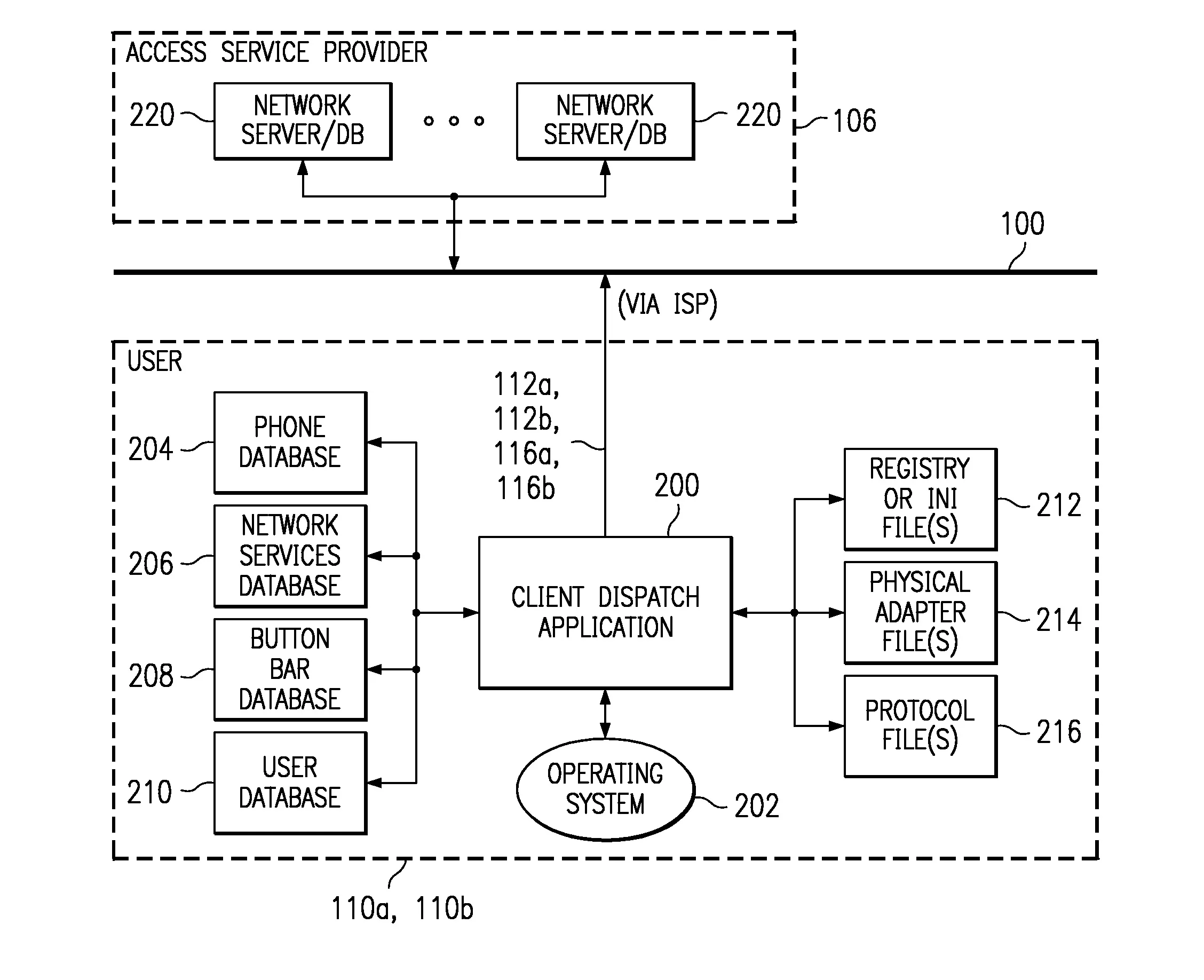Fed Circuit Watch: Claim Construction Before Patent-Eligibility Analysis
There have been several patent-eligibility rulings by the Court of Appeals for the Federal Circuit this year, but on August 16, 2019, the Fed Circuit held that claim construction in-dispute must be resolved before patent-eligibility under 35 U.S.C. §101 can be analyzed, in MyMail, Ltd. v. ooVoo, LLC.1 The somewhat circuitous procedural aspects of this case gave rise to its issues.
 Source: U.S. Patent No. 8,275,863 B2, Sep. 25, 2012, to Thomas Drennan Selgas, Michael Brian Massing, John Everett Gmuender (inventors); Mymail, Ltd. (assignee)
Source: U.S. Patent No. 8,275,863 B2, Sep. 25, 2012, to Thomas Drennan Selgas, Michael Brian Massing, John Everett Gmuender (inventors); Mymail, Ltd. (assignee)
MyMail owns U.S. Patent Nos. 8,275,863 (‘863) and 9,021,070 (‘070). MyMail filed for infringement of the ‘863 and ‘070 patents against ooVoo, and later IAC Search & Media, Inc., in the Eastern District of Texas. Consistent with the U.S. Supreme Court decision in T.C. Heartland,2 all parties agreed to transfer venue under 28 U.S.C. §1400(b) to the Northern District of California. Upon transfer of venue, ooVoo and IAC filed JMOLs asserting the ‘863 and ‘070 patents are directed to patent-ineligible subject matter under §101. While MyMail opposed the motions, it requested the construction of the term “toolbar,” as determined by the Eastern District of Texas before transfer, as part of the §101 analysis. The district court opted not to construe “toolbar,” and granted ooVoo and IAC’s JMOL, holding the ’863 and ‘070 patents patent-ineligible. The consolidated cases were appealed by MyMail.
The Fed Circuit panel was composed of Judges Lourie, O’Malley, and Reyna, with Judge Reyna writing for a split panel, and Judge Lourie writing in dissent. Applying its Aatrix ruling, Judge Reyna wrote:
Determining patent eligibility requires a full understanding of the basic character of the claimed subject matter. As a result, if the parties raise a claim construction dispute at the Rule 12(c) stage, the district court must either adopt the non-moving party’s constructions or resolve the dispute to whatever extent is needed to conduct the §101 analysis.3
Because the district court did not address the parties’ claim construction disputes, nor did it adopt MyMail’s construction, which was the construction as determined by the Eastern District of Texas, the district court erred in the procedural posturing of its §101 analysis. Further, Judge Reyna refused to address any of ooVoo or IAC’s substantive patent-eligibility because of the issue of claim construction, noting that it would be improper for the Fed Circuit to “determine factual issues in the first instance on appeal.”
Judge Lourie dissented on more or less procedural grounds:
I respectfully dissent from the majority’s decision to vacate a thorough and well-reasoned district court decision based on a claim construction issue that is little more than a mirage. In my view, the claims at issue are clearly abstract, regardless of claim construction. Since the majority declines to dispute that conclusion, I submit that we should resolve the legal question of eligibility and simply affirm.
The judgment of the district court was vacated and remanded.
Footnotes
-
___F.3d___ (Fed. Cir. 2019) (slip op.), vacating and remanding, 313 F. Supp. 3d 1095 (N.D. Cal. 2018). ↩
-
See T.C. Heartland LLC v. Kraft Foods Group Brands LLC, 581 U.S.___, 137 S. Ct. 1514, 1517 (2017). ↩
-
See Aatrix Software, Inc. v. Green Shades Software, Inc., 882 F.3d 1121, 1125 (Fed. Cir. 2018). ↩

Brent T. Yonehara
Founder & Patent Attorney
Founder Brent Yonehara brings over 20 years of strategic intellectual property experience to every client engagement. His distinguished career spans AmLaw 100 firms, specialized boutique I.P. practices, cutting-edge technology companies, and leading research universities.
More About Brent